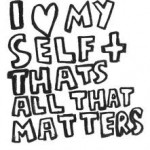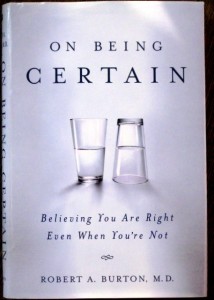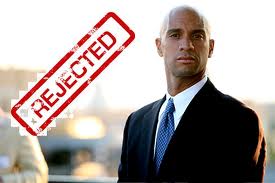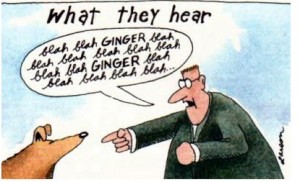
I live in Washington DC. I work in public relations. I used to work in politics. I am a human being. Consider me an expert in the self-driven life.
I was thinking about that a lot lately; trying to stitch together and make sense of some crazy things I saw at work, around me outside of work, on television, on the campaign trail. Have you seen it? Man, there’s some absolutely crazy stuff going on out there. How could we get so dysfunctional? I’m thinking that there’s a new disease, worse than HIV/AIDS, ebola, and avian flu combined. It is the attack of the self-driven and the self-absorbed.
 This is a bad thing, by the way. A very bad thing. I’ve a sense that we’re all infected with this virus in some form. Because it is all about me, right! But what happens when everyone, all around you, say the same thing: “It’s all about ME!” Well, when that happens you have a lot of the madness that is going on right now.
This is a bad thing, by the way. A very bad thing. I’ve a sense that we’re all infected with this virus in some form. Because it is all about me, right! But what happens when everyone, all around you, say the same thing: “It’s all about ME!” Well, when that happens you have a lot of the madness that is going on right now.
As best I can tell, here are the main symptoms of this virus:
A warped perspective of reality. If it is all about you, the reality of the outside world slowly begins to fade. Why? Because you can’t see the important things happen that don’t relate to you. Just like pre-Copernicus astrologers, you have this mistaken impression that life evolves around you and your well-being. The ‘other’ is only a consideration in as much as they (a) cross your path; or (b) provide you a stepping stone to the other side. After awhile, this is not only a sick way of looking at life it is a false way of looking at life. Living in your own self-absorbed cocoon, everything looks rosey. You can’t see outside yourself (another word for ‘outside yourself’ … ‘reality’!) Then, BAM! That nasty real world slams you up side the head. And you never saw it coming.
Destruction of meaningful and lasting relationships. This is close to a tautology but worth noting. You can’t have a meaningful relationship with anyone or any thing if you are the #1, #2, and #3 most important things on your daily todo list. When you hold the top position of what’s important in your life, relationships become shallow and matters of convenience. People no longer become people. We’ll all playing a game of “Survivor” or “Big Brother”. People are disposable. Relationships are transitory. And you wake up one morning and there’s no body around you. Go figure!
Death of moral values. Objective moral values – universal truths of right and wrong – suffocate in the oppressive and feckless nature of the self-absorption. Self sucks up all the oxygen. The old fashion ideas of ‘right’ and ‘wrong’ have about as much chance as a polar bear on a melting ice cap. When it is all about you, concepts like honesty, integrity, service, dependability, and trust eventually lose their original meaning. Everything becomes a function of what is good for you.
It is a nasty, nasty illness.
So what does any of this have about companies, organizations, and brands?
A lot. I’ve seen this virus spread to them as well. In this I’d go so far as to agree with Governor Romney. Companies are, indeed, people. And when they turn inward and begin organizing around self, they lose perspective of what is going on in the marketplace, the bonds they’ve built with their customers begin to fray, and they end up making really dumb decisions.
The vaccine? Try putting something or someone ahead of yourself. Maybe even more than one!
The people I admire are those who put themselves last, and put others first. The same is true for companies, organizations and brands.









